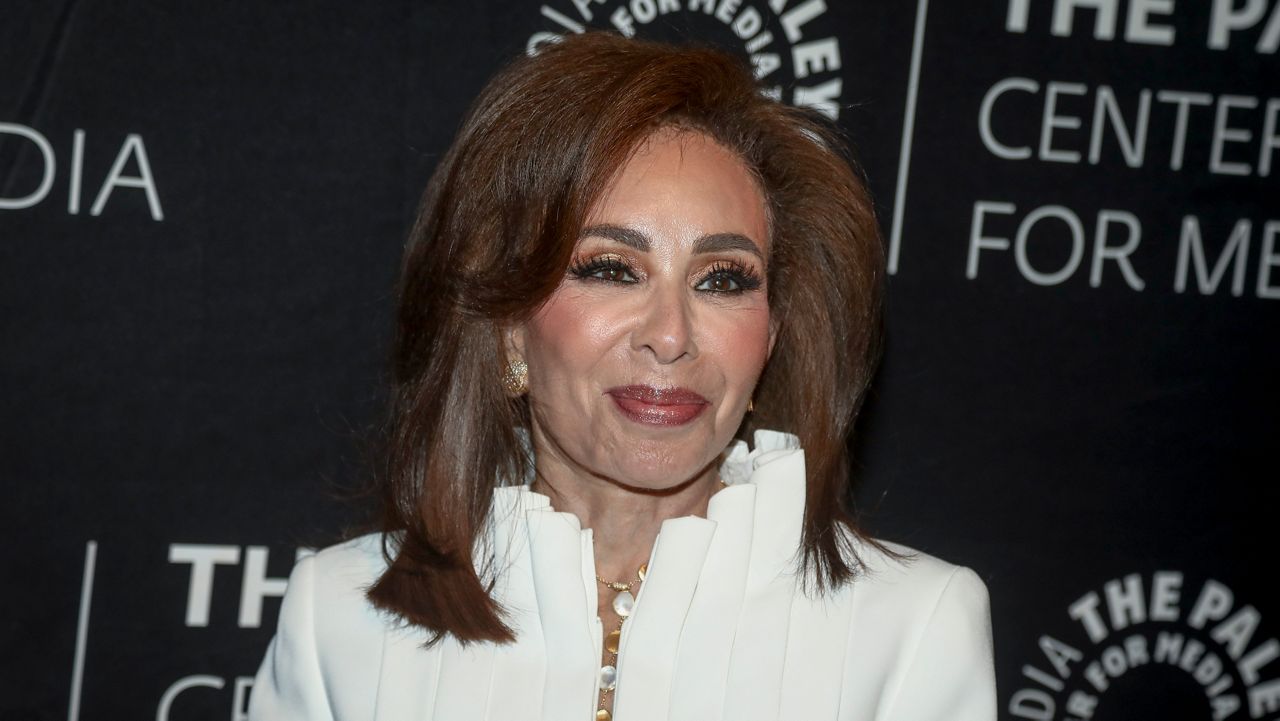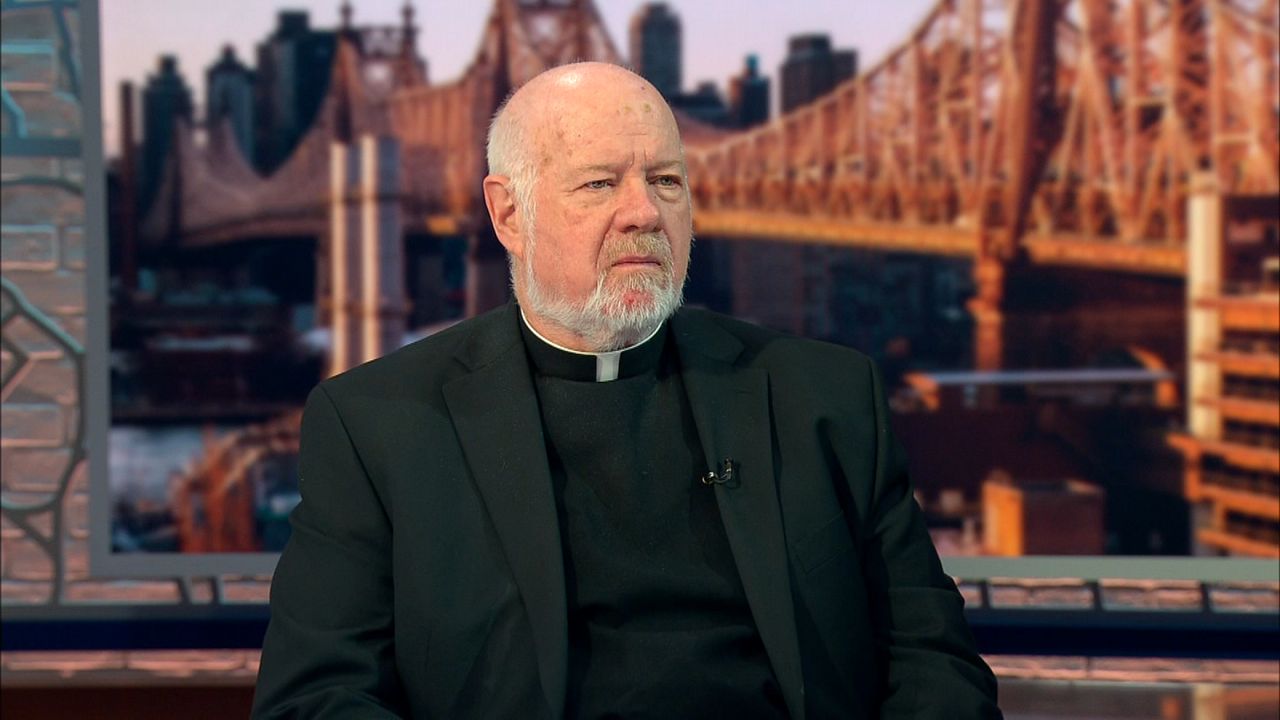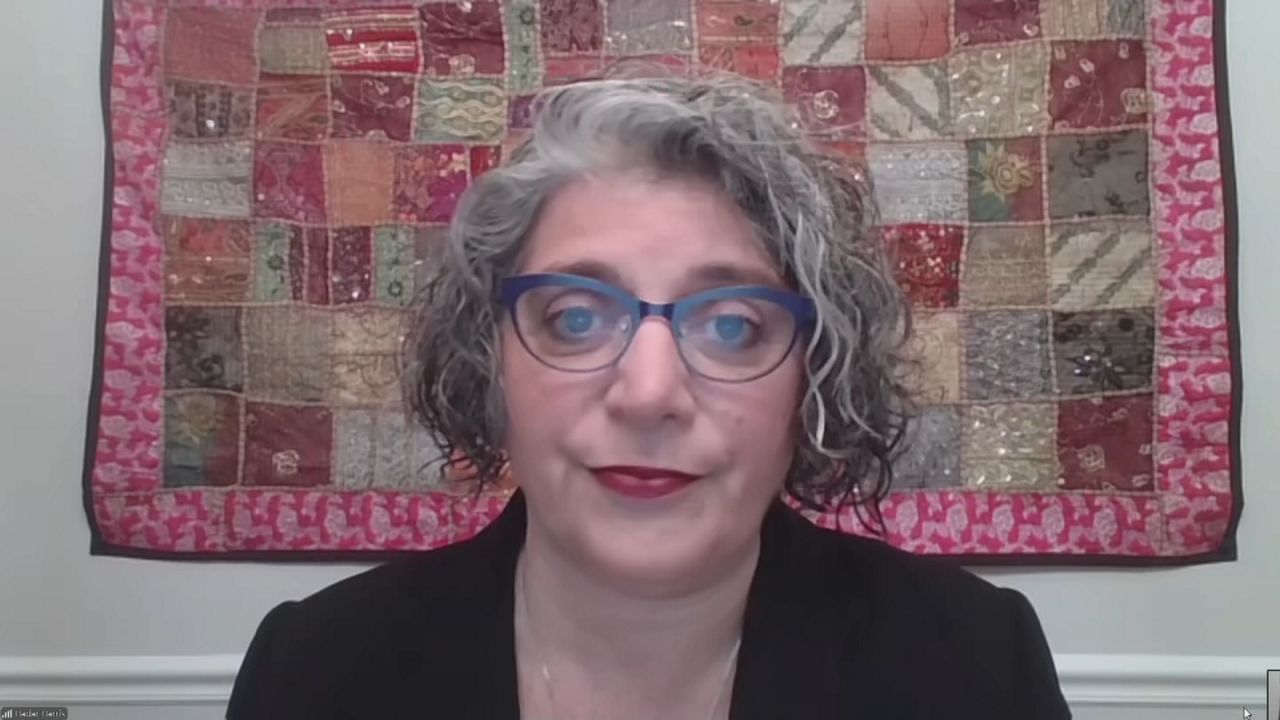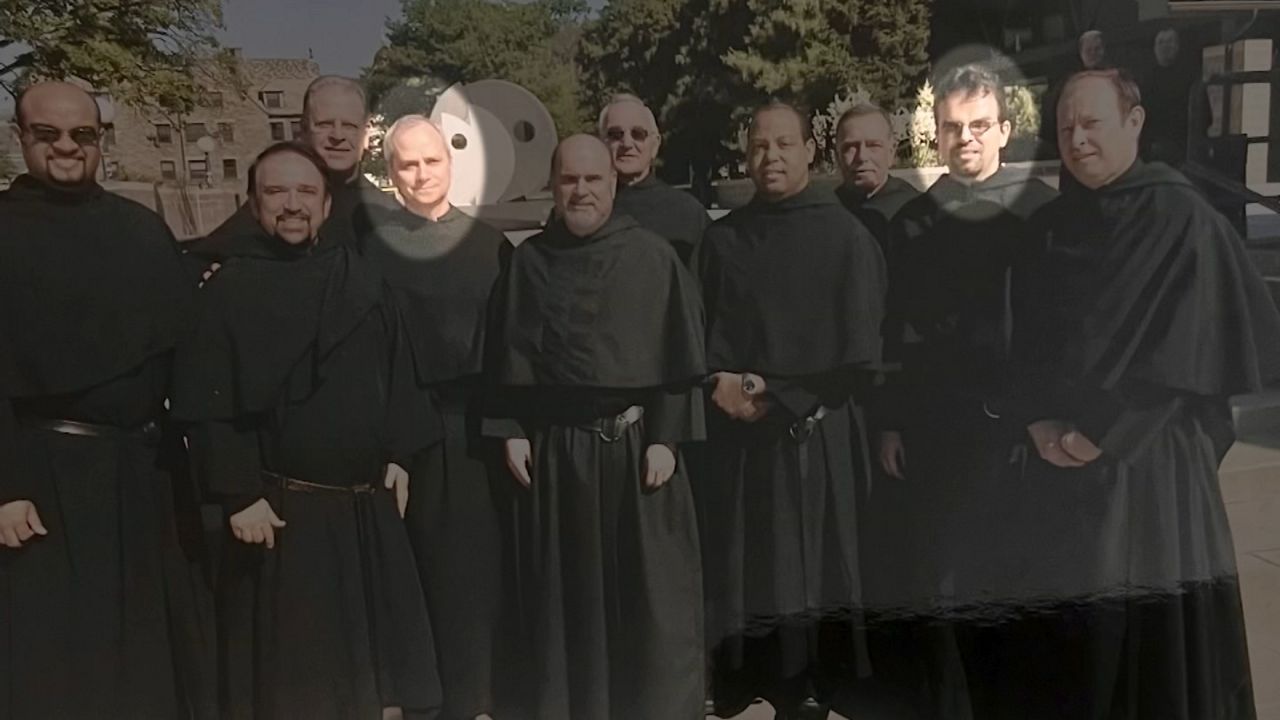The year was 1939. The Wizard of Oz hit theaters, Pan Am launched regular passenger flights between the U.S. and Britain, and Yankees legend Lou Gehrig retired.
And on Feb. 20th of 1939, exactly 80 years ago, an event at Madison Square Garden took place that did not get as much attenton, and has mostly been forgotten: 20,000 people gathered for a pro-Nazi rally.
Historians say it’s something we should remember.
“Here you see this very large rally in such an iconic stadium, Nazi sympathizers who are dreaming of a fascist America,” says U.S. Holocaust Memorial Museum Curator Daniel Greene.
Images from the rally, organized by the German-American Bund are head-spinning: From banners of the swastikas and the stars and stripes hanging side by side, to tens of thousands of New Yorkers thrusting their hands outward in a Nazi salute.
A documentary about the gathering, A Night at the Garden, is up for an Academy Award on Sunday night.
Greene says, “The rhetoric ... is frightening.”
Anti-Semitism, he says, has always been present in America, and, at times, accepted enough for people to show their hatred in public. We are in such a period today, he says.
“I think today we see a moment where there is a permissiveness in our culture again for anti-Semites and people using Nazi symbols to be out on our streets again.”
Greene references the white supremacist rallies in Charlottesville, Va., two years ago when a man drove a car into a crowd of counter-protesters, killing a woman.
At Madison Square Garden all those years ago, historians estimate there were five times as many counter protestors outside, as Nazi sympathizers inside. Also inside, a young man from Brooklyn who ran on the stage yelling. 'Down with Hitler!' He was beaten to cheers from the crowd.
World War II was on the horizon. Germany would invade Poland in just seven months.
The rally, Greene says, is “A pivotal moment for the way that Americans understand the extent of Nazi anti-Semitism, even if they can’t imagine mass murder, which has not yet come, but will in two years.”
On the movie’s web page, the filmmaker of the Oscar-nominated documentary asks, “If Roosevelt weren’t President, if Japan hadn’t attacked, is it possible we would have skated through without joining the war? And if Nazis hadn’t killed American soldiers, is it possible that their philosophy wouldn’t have become so taboo here?”
Troubling questions today, as a new documentary shines a light on the past.









